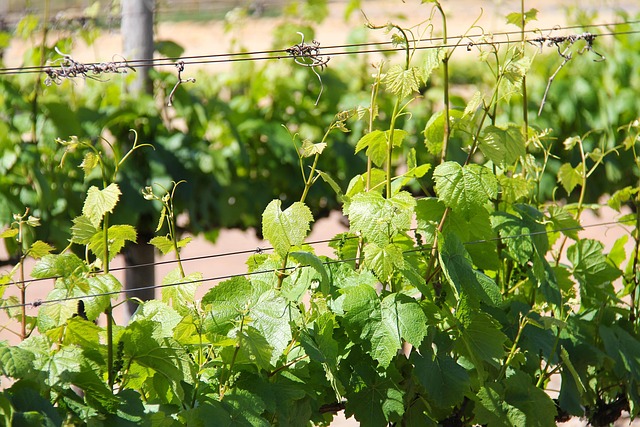Growing a Greener Future: Sustainable Urban Food Production in Your Garden
In today’s fast-paced urban environments, the idea of cultivating a garden may seem like a distant dream. Yet, the rise of sustainable urban food production is redefining our relationship with nature, empowering city dwellers to reconnect with the earth right from their backyards or even balconies. Imagine stepping outside your door and harvesting fresh vegetables or herbs for dinner—this dream can be a reality with a bit of space, creativity, and dedication.
Sustainable urban food production is not just a trend; it is a vital movement towards creating food security and reducing our environmental impact. By utilizing small spaces wisely, urban gardeners can transform concrete jungles into green havens, nurturing not only plants but also their well-being. Every seed sown in an urban garden represents a step towards a more self-sufficient lifestyle, contributing to a healthier planet.
Getting Started with Your Urban Garden
To embark on your journey of sustainable urban food production, first assess the available space. Whether it’s a rooftop, balcony, or a small backyard, every inch can contribute to your gardening ambitions. Consider utilizing vertical gardening solutions, such as wall planters or hanging pots, to maximize your area without sacrificing aesthetics.
Next, choose plants that are well-suited for your environment. Herbs, leafy greens, and even dwarf fruit trees can thrive in urban settings, often requiring less space and maintenance than traditional crops. Additionally, incorporating native plants into your garden can support local biodiversity while consuming less water and fertilizer.
Embracing Organic Practices
One of the core principles of sustainable urban food production is the commitment to organic gardening. By avoiding chemical pesticides and fertilizers, you not only protect your health but also support the ecosystem. Instead, consider implementing companion planting, natural pest deterrents, and composting to enrich your soil and promote a healthy garden.
Composting is a fantastic way to reduce waste while enriching your soil with essential nutrients. Food scraps, yard waste, and other organic materials can be transformed into a rich soil amendment that boosts plant growth. This process not only reduces the amount of waste sent to landfills but also closes the nutrient cycle right in your backyard.
Connecting with the Community
Becoming a part of the sustainable urban food production movement fosters community connections. Look for local gardening groups, workshops, or farmers’ markets where you can exchange ideas, share resources, and even trade produce with fellow enthusiasts. By fostering these connections, you help build a resilient community focused on sustainability and support local economies.
Benefits Beyond the Garden
Engaging in sustainable urban food production offers rewards that go beyond just the delicious fruits and vegetables you can grow. Gardening has been shown to alleviate stress, enhance mental well-being, and promote physical activity. Moreover, as you cultivate your plants, you are also cultivating a sense of responsibility and awareness towards environmental conservation.
As we look towards a future that prioritizes sustainability, taking small steps in our own gardens can lead to profound changes. Every pot of herbs, every plot of tomatoes, and every effort made in urban gardening contributes to a greener planet. So grab a trowel, start digging, and let your urban oasis flourish—together, we can nurture a sustainable future.




